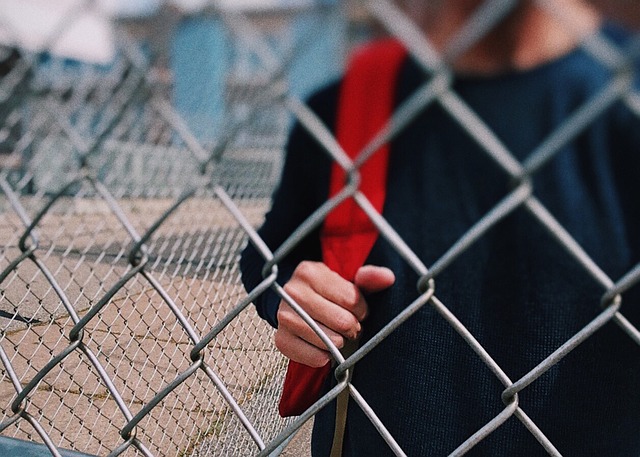Latest blog articles
-
Current US and EU secondary liability standards do not address all factors to trigger liability. This influences legislation and case law, setting an uncertain secondary liability outcome of IP infringement cases against Internet Intermediaries’. I suggest that tort law can tackle this problem.
-
Over the few past years, there has been a professionalization of social media content creators. These creators now have the power to sway their followers, start trends, or serve as role models for their audiences. These individuals, that have such online persuasive power, are called “influencers”...
-
On 15 October, the Swedish Consumer Agency, its Scientific Council and Maastricht University (in particular the Law & Tech Lab) hosted the webinar 'Consumers and businesses in digital markets – An unequal relationship?’, focused on bringing together the perspectives of national consumer authorities...
-
Unlike other sectors, improvements in Genetic technology raise issues of morality. The new human gene editing technology CRISPR/CAS9 has raised many such concerns. Can the current patent system deal with these concerns or should morality be dealt with by the inventors themselves?
-
The need to guarantee the free flow of information in a Big Data economy forces us to re-think Intellectual Property Rights and find an appropriate balance between competition, innovation, privacy and incentives.
-
With or without the UK, the EU will try to find a way to implement the UPC as it has invested considerable time and efforts knowing the benefits it will bring; however, the fate of the Agreement could be decided on judicial grounds instead of political ones.
-
Can Member States prohibit pupils from attending education abroad, simply on the belief that it might hamper the integration of the children into society? But what of possible justification grounds?
-
Can Member States of the EU prohibit pupils from attending education abroad, simply on the belief that it might hamper the integration of these children into society? If this sounds extreme, read on.
-
In the 4th December referendum, Italy rejected the constitutional reforms promoted by the Renzi’s government. As a consequence of the “No” vote, the Prime Minister decided to resign. While the vote was influenced primarily by internal factors, the result may open a period of uncertainty for both...
-
Published on LBM. Here is a fun word that you may have come across recently: Kakistocracy. Based on the Greek word kakistos (meaning “the worst”), kakistocracy is a system of governance run by the least qualified, most “deplorable” citizens that the State has to offer.








